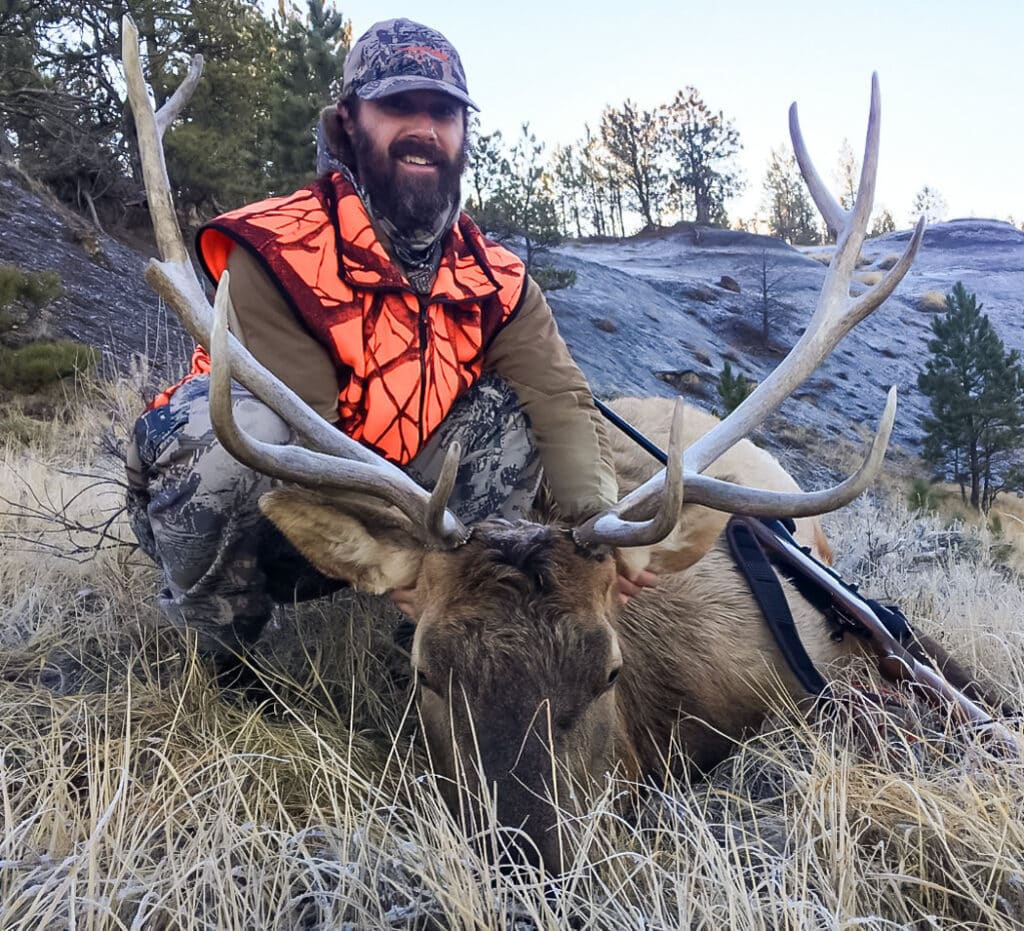
In April, the US Senate narrowly defeated an amendment to block efforts by the US Environmental Protection Agency (EPA) and US Army Corps of Engineers to clarify the Clean Water Act and protect isolated wetlands and headwater streams. The amendment, by Senator John Hoeven (North Dakota) would prevent the EPA from implementing the Waters of the US rule. This rule was developed after a decade of work to clean up confusion over the application of the Clean Water Act.
“Montana’s streams and wetlands are crucial to our hunting and fishing heritage” said Dave Chadwick, executive director of the Montana Wildlife Federation. “They also support our economy, by providing the habitat for fish and wildlife that drives $1.4 billion in annual economic activity based on hunting and fishing.”
Senator Hoeven’s amendment did not receive the 60 notes needed to pass the Senate. Montana’s senior Senator Jon Tester voted against the amendment and in support of Clean Water. Senator Steve Daines voted for the amendment.
“We are grateful to Senator Tester for standing up for Montana and voting against this short-sighted amendment” said Chadwick. “Montanans are fortunate to have a senator who sees through the political rhetoric and supports the common-sense protections for the streams and wetlands that are so crucial to our state’s outdoor economy.”
The Waters of the US rule is fair, clear, and based on the best science. The rule defines the situations when the law does and does not apply, providing consistency for landowners and developers. it also includes extensive exemptions for agricultural activities. The EPA’s independent Science Advisory Board reviewed the rule and found it to be scientifically and technically accurate.
“Montana’s streams and wetlands need this common-sense, science-based rule to protect habitat and provide certainty for developers. Churning up confusion and taking potshots to score political points belittles the importance of headwaters streams and wetlands to Montana’s economy” said Dan Vermillion, a fishing guide and owner of Sweetwater Travel in Livingston, Montana.
In addition to the wildlife habitat values, approximately 54% of Montana’s population uses public drinking water systems that rely on clean surface water. When those waters are degraded, it dramatically increases the costs of treating that water. That’s a cost borne by taxpayers.
A bipartisan poll conducted last summer by the National Wildlife Federation found that more than 8 in 10 of the hunters and anglers (83 percent) supported the application of the Clean Water Act to headwater streams and wetlands. 82 percent agreed with the statement: “We can protect our water quality and have a strong economy with good jobs for Americans at the same time, without having to choose one over the other” and 67 percent said they would have a more favorable opinion if their senator upheld the Waters of the US rule.

